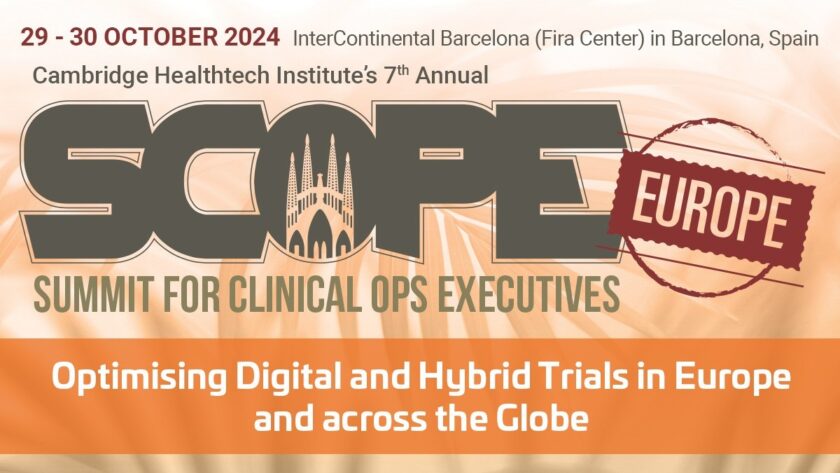Scope Summit Europe: 5 reflections

Last week we attended Scope Summit Europe to exchange knowledge and experience about clinical trial recruitment and patient engagement. This conference is growing steadily in popularity year-on-year as clinical teams look to address the growing complexity of protocols and challenges associated with enrolment.
Our 5 reflections:
1. Decentralised clinical trials are here to stay. Well, elements anyway
In his presentation, The Inconvenient Truth of Decentralised Trials, Novartis’ Reamonn Madden spoke about how DCTs are well advanced through the Gartner hype cycle (from the peak of inflated expectations through the trough of disillusionment and now at the slope of enlightenment.) The upshot? Elements of DCT will be maintained for populations who need them but they are unlikely to become a universal solution for all trial participants.
2. Patient-focused protocol design is happening but the need for speed is slowing down broad adoption
Chiesi’s Marisa Minetti and Ylenia Paleari shared a great example of how patient insights helped to influence the design of a protocol to make their trial less burdensome for patients. While a shining example of the power of patient engagement in shaping clinical development, the reality for many clinical trials is that these critical steps continue to be deprioritised in favour of speed of set up. Meanwhile, clinical trial protocols grow in complexity and inclusion/exclusion criteria become more stringent to meet regulatory requirements.
3. Diversity, Equity but Exclusion continues for some
Great efforts are being made to make clinical trial populations more representative. For example, Bayer’s Binita Patel and Astra Zeneca’s Jodie Allen and Liz Bristow shared learnings from their companies’ respective diversity strategies related to race, gender and sexual orientation. However, as a research audit by Emily Botto and Maria Flores of Tuft’s University revealed, more needs to be done by industry as a whole to be more inclusive of socioeconomically disadvantaged populations in clinical research.
4. E-PROs, not just for research
A lively panel discussion on the challenges and potential of e-PROs concluded that we already have the technology to be using these digital tools in a real world setting, which could help to unlock the promise of personalised healthcare. Tech solutions like the smart toilet hold particular promise in collecting a wide array of data, according to Bernhard Glombitza of Bayer. However, it was cautioned by Jacqueline Bowman, Foundation for the Rights of Citizens of Obesity, that greater patient involvement is needed in the design of e-PROs to ensure we’re asking the right questions and assessing the right outcomes.
5. Clinical trial success hinges on connecting the dots across specialist capabilities
Our personal reflection from Scope Europe is that significant value remains unrealised in the pursuit of optimal clinical research. The opportunity lies in the Science of Enrolment; dissolving silos across clinical, medical and patient affairs to deliver strategic, integrated solutions that touch all priority stakeholders and leave a lasting impact well beyond the trial itself.
As a Spectrum Science company, we converge our capabilities in clinical trial recruitment, communications, medical communications and advertising to unlock value for our clients at every stage of the healthcare continuum. We are the strategic partner that accelerates progress of medical innovation through clinical development, regulatory approval, commercialization and international expansion.



